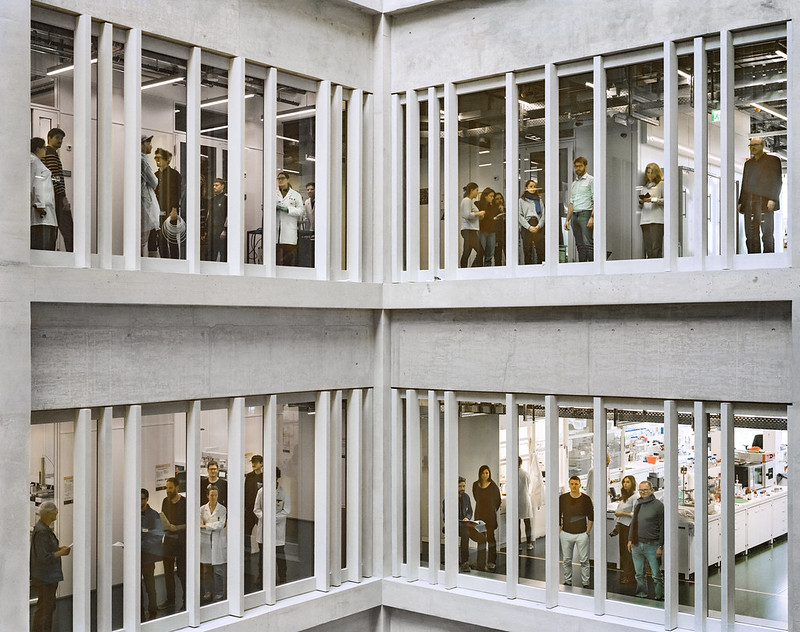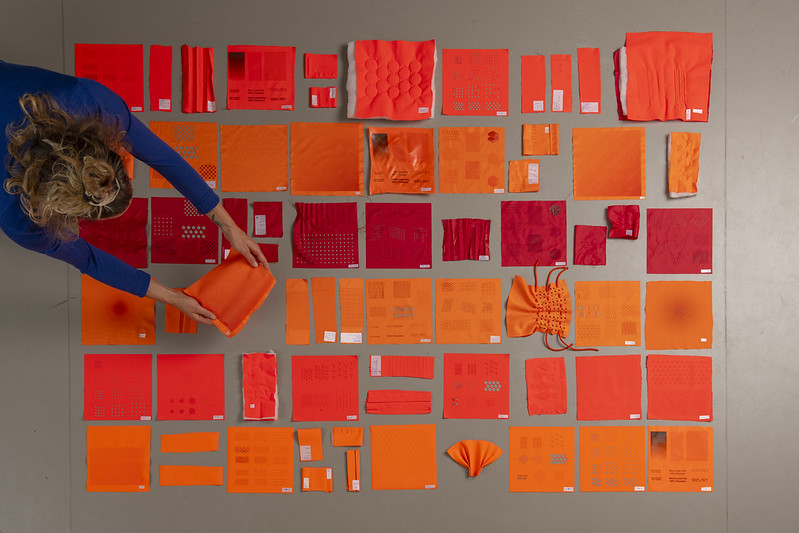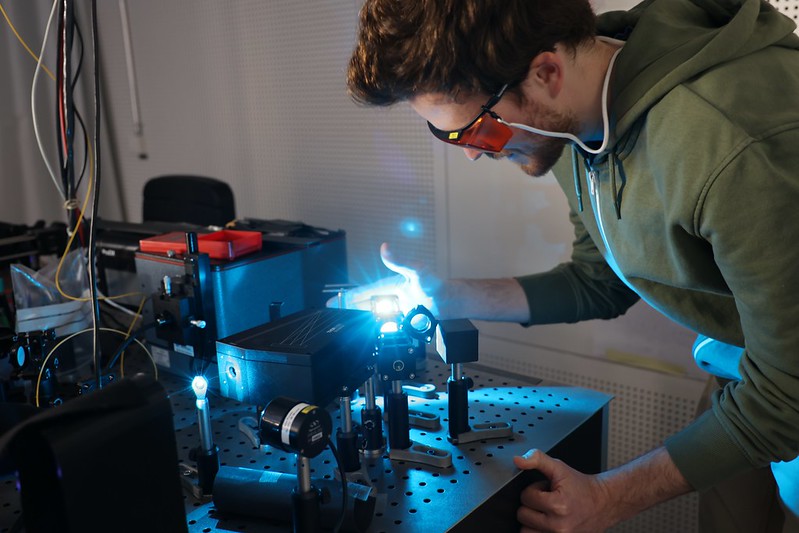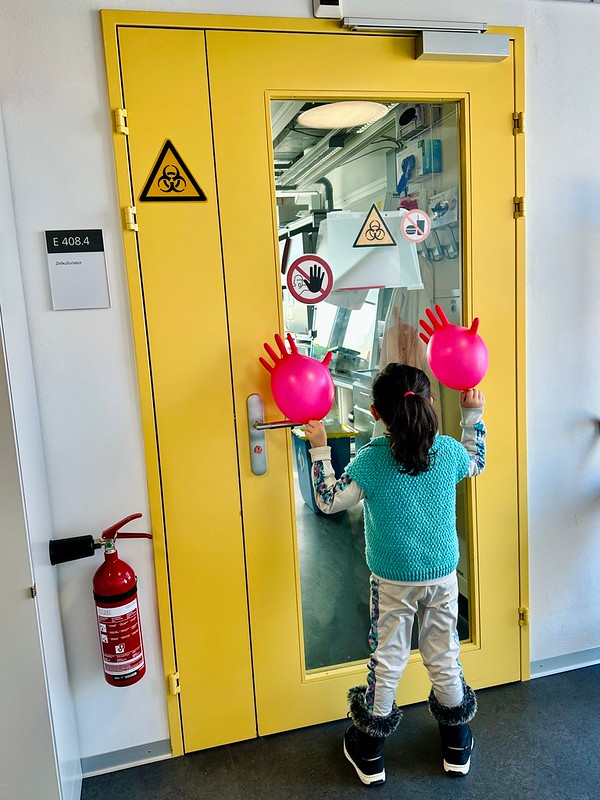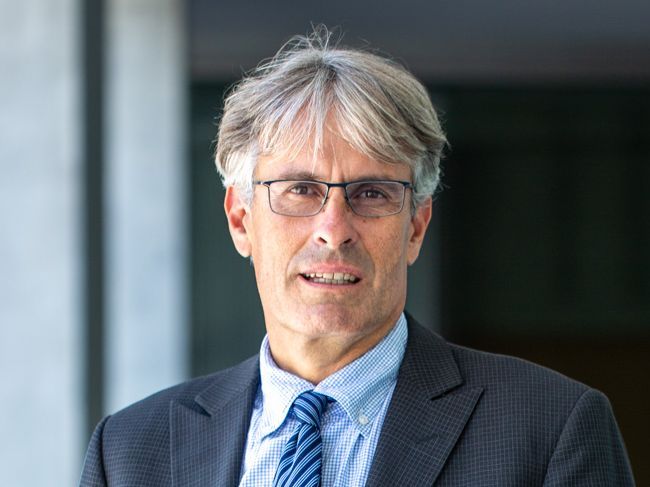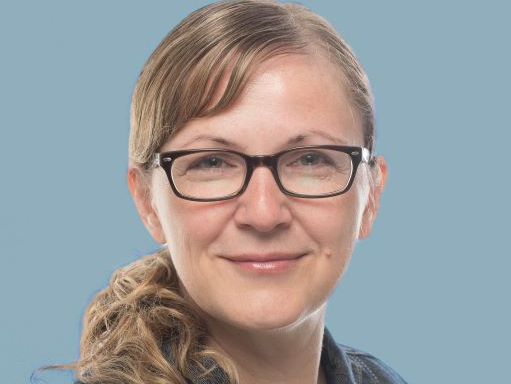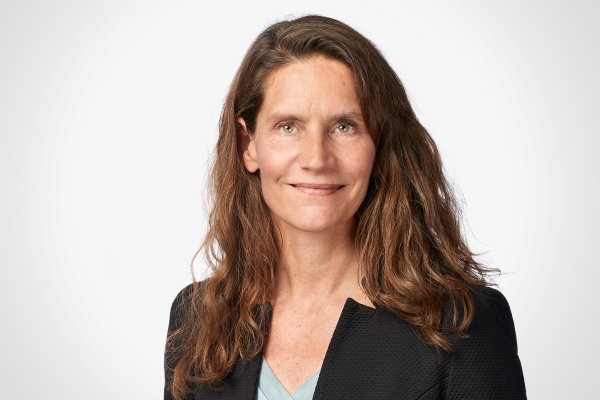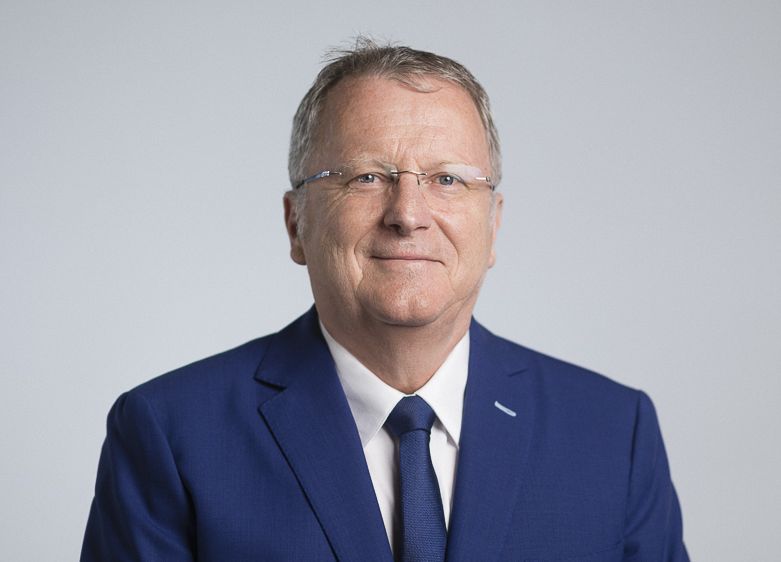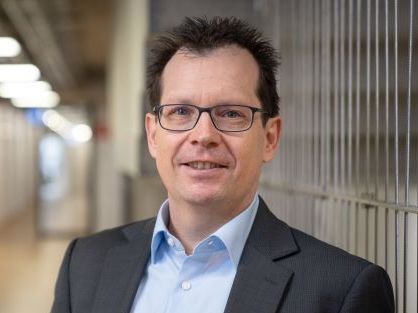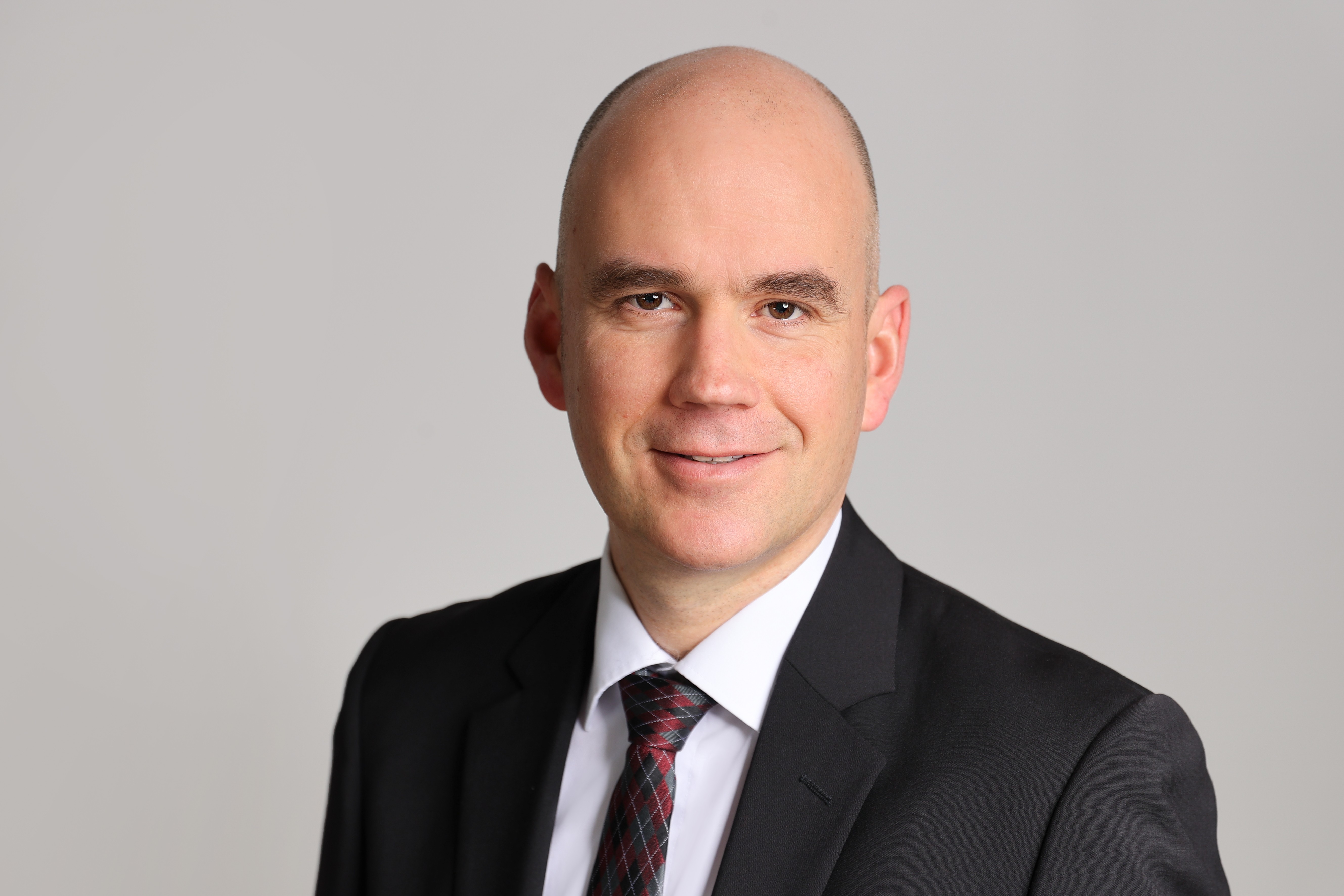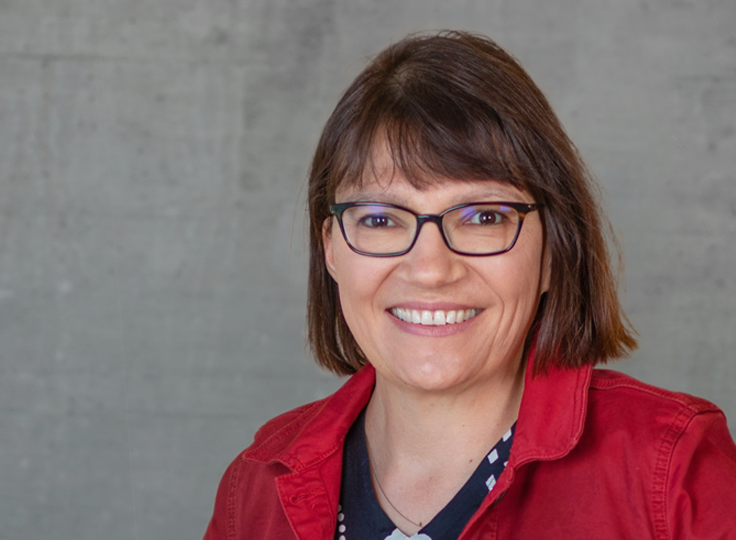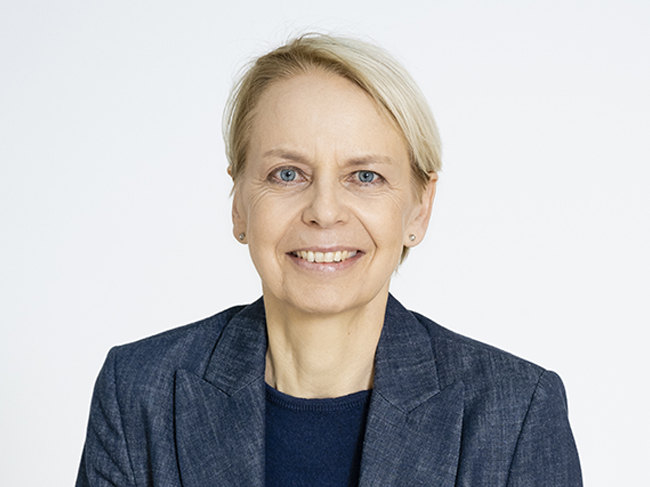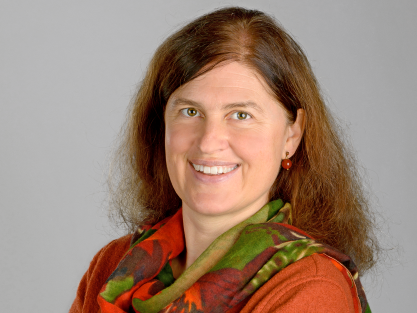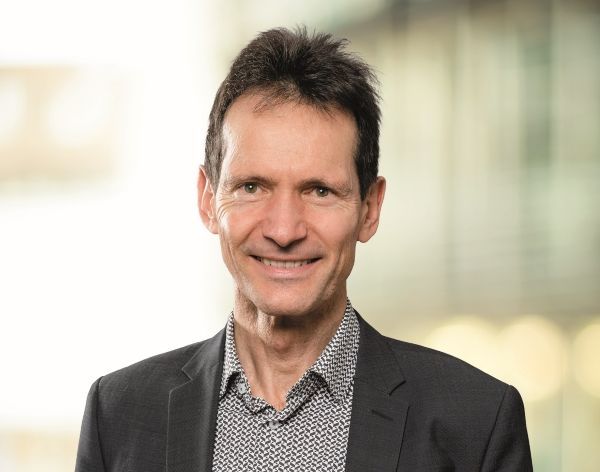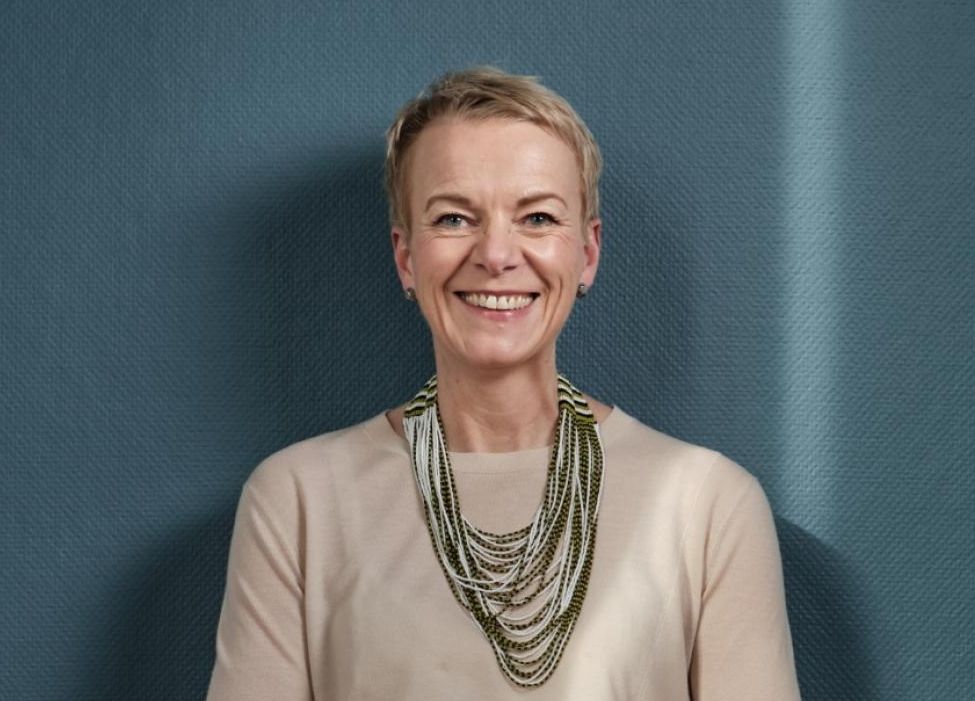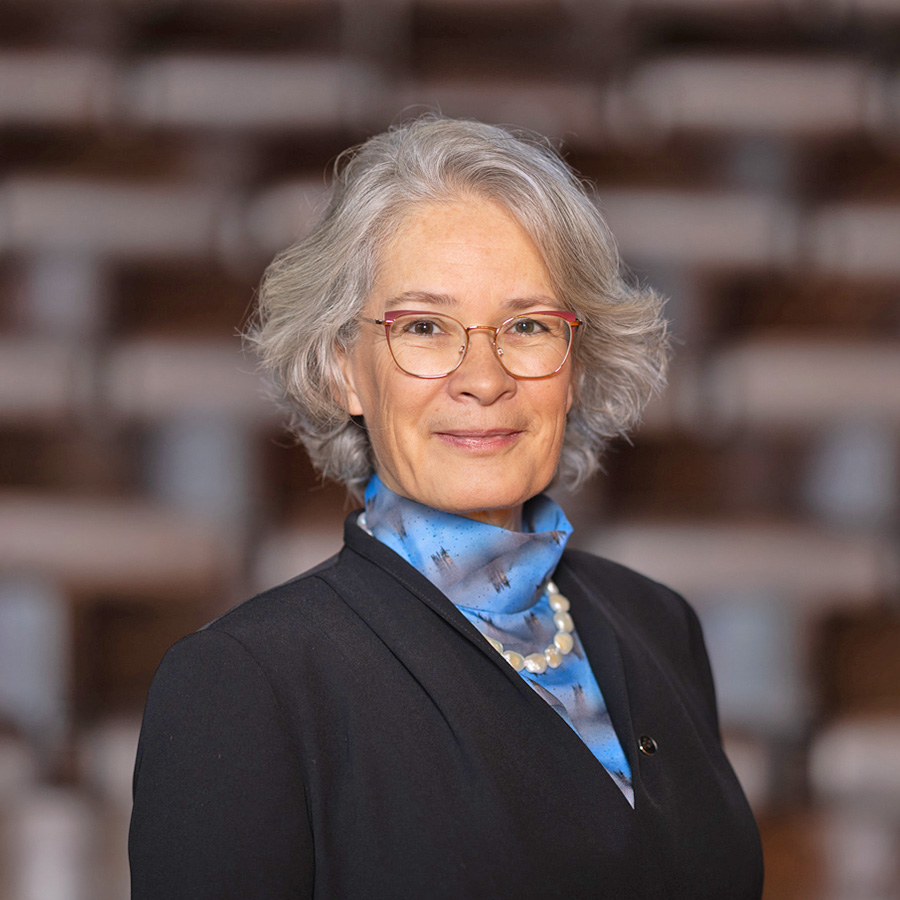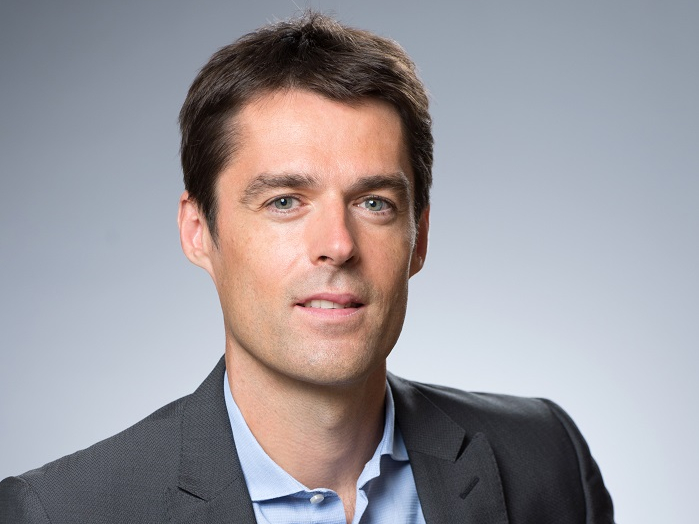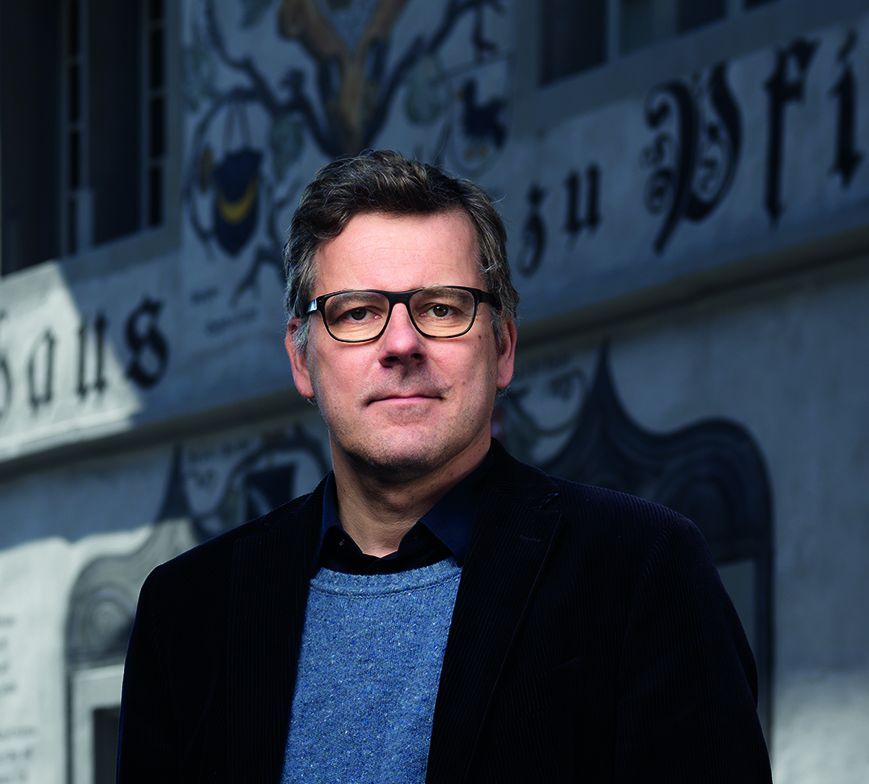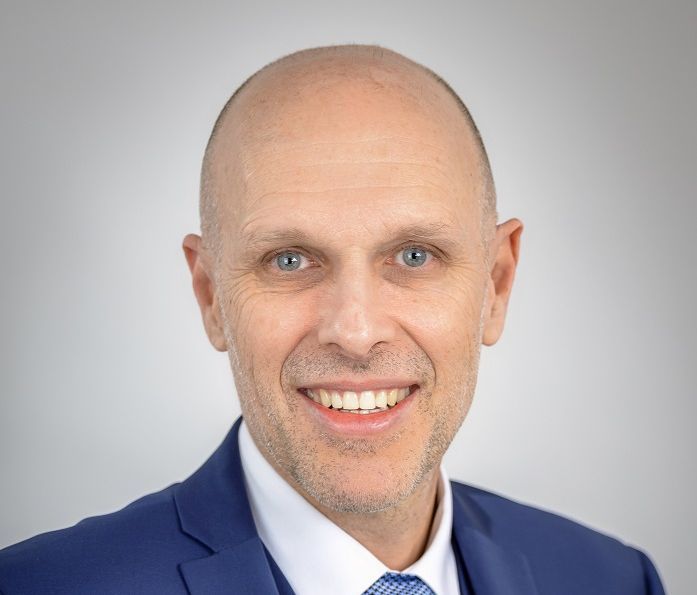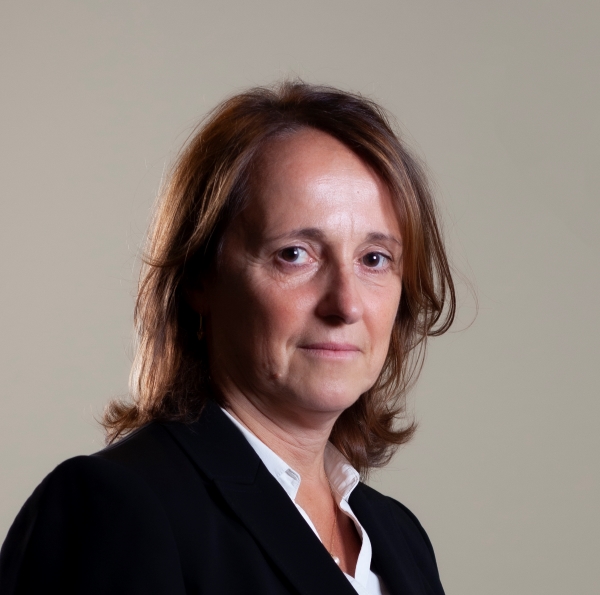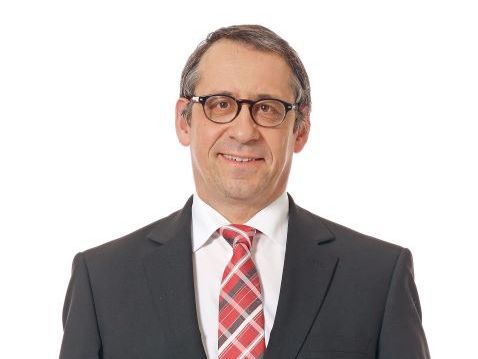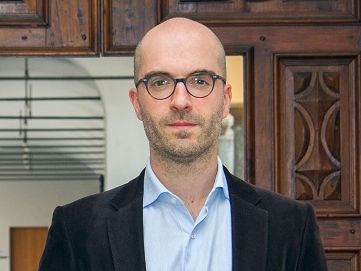Swiss universities are well recognized as institutions that contribute to Switzerland's well-being and prosperity. In 2024, this was demonstrated both by the adoption of the ERI 2025-2028 Dispatch and by the provisional association to the EU's Horizon Europe research programs as of 2025, announced in December. In both cases, research and education are among the priorities of Swiss policy making. For the universities, this positioning is a sign of respect for the knowledge community and at the same time a mandate to continue their success story in the future with the highest standards of quality.
At the same time, universities are facing financial and political uncertainties. Shortly after the ERI Dispatch was adopted in September 2024, the Gaillard Report recommended cost-cutting measures, which were largely adopted by the Federal Council. The financial outlook for universities is darkening, while at the same time, they are being called upon more than ever to train sufficient young people in skilled labor shortage areas and to develop innovative solutions for pressing challenges such as climate, health, and security. As the challenges become more numerous and complex, the reduction in the financial resources available to higher education institutions risks impacting their ability to fulfil their reserach and teaching mission to the highest standards.
In view of the challenges already identified and the solutions still to be developed, swissuniversities reaffirms its determination to support its 38 members in the fulfilment of their teaching and research responsibilities. By remaining committed to maintaining the excellence and efficiency of our higher education system, we contribute to the social well-being of the population and at the same time create a breeding ground for Switzerland's prosperity and economic dynamism.
Our thanks go to all those who have supported swissuniversities over the past year. In the many discussions, negotiations and decision-making processes, we share a common goal: to lead Switzerland successfully into the future through the creation and exchange of knowledge.
Dr. Luciana Vaccaro
President swissuniversities


